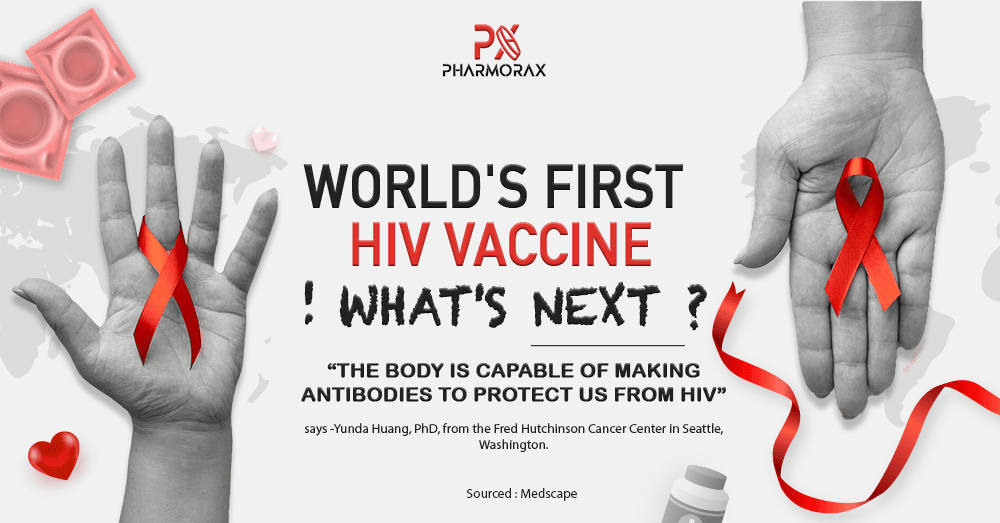On THURSDAY, March 21, 2024 (HealthDay news) -- For the first time ever, doctors have transplanted a genetically edited pig kidney into a human suffering from advanced kidney failure.
Such pig kidneys, altered to lower the risk of rejection and disease, have been successfully placed into monkeys and brain-dead human donor bodies.
But Rick Slayman, 62, is the first living patient to receive a gene-edited pig kidney, in an operation last weekend that took four hours, according to his doctors at Massachusetts General Hospital (MGH) in Boston.
The Weymouth, Mass., resident is recovering well and is expected to be discharged soon, his doctors said.
Slayman said he agreed to the transplant after MGH doctors suggested it, “carefully explaining the pros and cons of this procedure.”
“I saw it not only as a way to help me, but a way to provide hope for the thousands of people who need a transplant to survive,” Slayman said in a hospital news release.
Dr. Winfred Williams, associate chief of the nephrology division at MGH and the patient’s primary kidney doctor, hailed Slayman’s “courageousness in becoming a trailblazer in the field of transplantation.”
The pig kidney came from eGenesis, a Cambridge, Mass., company that has been experimenting with genetic alterations to make pig organs transplantable to humans.
Last year, eGenesis reported in the journal Nature that a monkey had been living with one of its transplanted pig kidneys for two years.
The kidney Slayman received had 69 genetic edits that removed harmful pig genes and added helpful human genes, researchers said. Scientists also inactivated retroviruses in the pig donor to eliminate any risk of infection in humans.
Such pig kidneys, altered to lower the risk of rejection and disease, have been successfully placed into monkeys and brain-dead human donor bodies.
But Rick Slayman, 62, is the first living patient to receive a gene-edited pig kidney, in an operation last weekend that took four hours, according to his doctors at Massachusetts General Hospital (MGH) in Boston.
The Weymouth, Mass., resident is recovering well and is expected to be discharged soon, his doctors said.
Slayman said he agreed to the transplant after MGH doctors suggested it, “carefully explaining the pros and cons of this procedure.”
“I saw it not only as a way to help me, but a way to provide hope for the thousands of people who need a transplant to survive,” Slayman said in a hospital news release.
Dr. Winfred Williams, associate chief of the nephrology division at MGH and the patient’s primary kidney doctor, hailed Slayman’s “courageousness in becoming a trailblazer in the field of transplantation.”
The pig kidney came from eGenesis, a Cambridge, Mass., company that has been experimenting with genetic alterations to make pig organs transplantable to humans.
Last year, eGenesis reported in the journal Nature that a monkey had been living with one of its transplanted pig kidneys for two years.
The kidney Slayman received had 69 genetic edits that removed harmful pig genes and added helpful human genes, researchers said. Scientists also inactivated retroviruses in the pig donor to eliminate any risk of infection in humans.
On THURSDAY, March 21, 2024 (HealthDay news) -- For the first time ever, doctors have transplanted a genetically edited pig kidney into a human suffering from advanced kidney failure.
Such pig kidneys, altered to lower the risk of rejection and disease, have been successfully placed into monkeys and brain-dead human donor bodies.
But Rick Slayman, 62, is the first living patient to receive a gene-edited pig kidney, in an operation last weekend that took four hours, according to his doctors at Massachusetts General Hospital (MGH) in Boston.
The Weymouth, Mass., resident is recovering well and is expected to be discharged soon, his doctors said.
Slayman said he agreed to the transplant after MGH doctors suggested it, “carefully explaining the pros and cons of this procedure.”
“I saw it not only as a way to help me, but a way to provide hope for the thousands of people who need a transplant to survive,” Slayman said in a hospital news release.
Dr. Winfred Williams, associate chief of the nephrology division at MGH and the patient’s primary kidney doctor, hailed Slayman’s “courageousness in becoming a trailblazer in the field of transplantation.”
The pig kidney came from eGenesis, a Cambridge, Mass., company that has been experimenting with genetic alterations to make pig organs transplantable to humans.
Last year, eGenesis reported in the journal Nature that a monkey had been living with one of its transplanted pig kidneys for two years.
The kidney Slayman received had 69 genetic edits that removed harmful pig genes and added helpful human genes, researchers said. Scientists also inactivated retroviruses in the pig donor to eliminate any risk of infection in humans.
·2K Views
·0 Reviews








